Where Have All the Founders Gone?
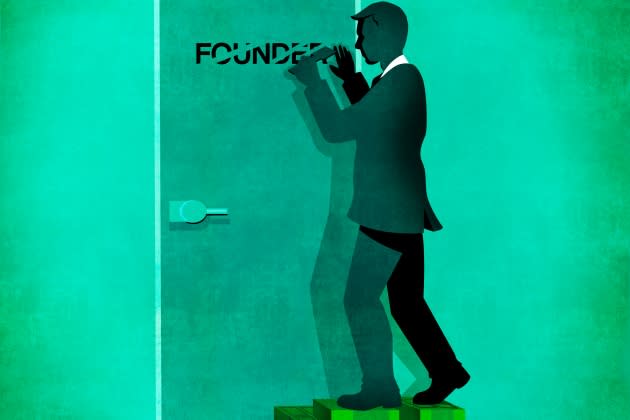
The beauty founder flight is picking up pace.
While founder exits are not a new phenomenon — and sometimes occur under the most amiable of circumstances — a spate of departures in recent months raises questions as to just what is fueling the trend.
More from WWD
C-beauty Giant Florasis Teams With Shang Xia on Anniversary Set
The 12 Best Pink Lipsticks for Every Barbie Girl, Tested by Editors
As a refresher: In January, Gregg Renfrew left her role as executive chair and chief brand officer at Beautycounter, the brand she launched in 2013 and sold to the Carlyle Group in 2021 in a deal that valued the company at $1 billion.
Shortly after, Melisse Shaban exited her role as chief executive officer of hair care brand Virtue Labs. She transitioned instead to an adviser role just as the brand raised a new financing round led by its majority shareholder, Combe, and Clearasil.
In May, Sharon Chuter stepped away from day-to-day operations at Uoma Beauty, relinquishing her CEO title and her board seat, while a late-June LinkedIn post by Rochelle Weitzner, founder of menopausal beauty brand Pause Well-Aging, revealed that she was also stepping down as CEO.
And after nearly 25 years at the helm, Dermadoctor founder Audrey Kunin shared via Instagram that she will depart her brand in November, two years after its acquisition by NovaBay Pharmaceuticals for $15 million.
There are, of course, myriad reasons behind these departures, including that it is simply no longer the status quo for a founder to stay on after an acquisition.
But a common thread in CEO exits, particularly those occurring early on in a brand’s life, is friction between investors — specifically venture capital — and founders.
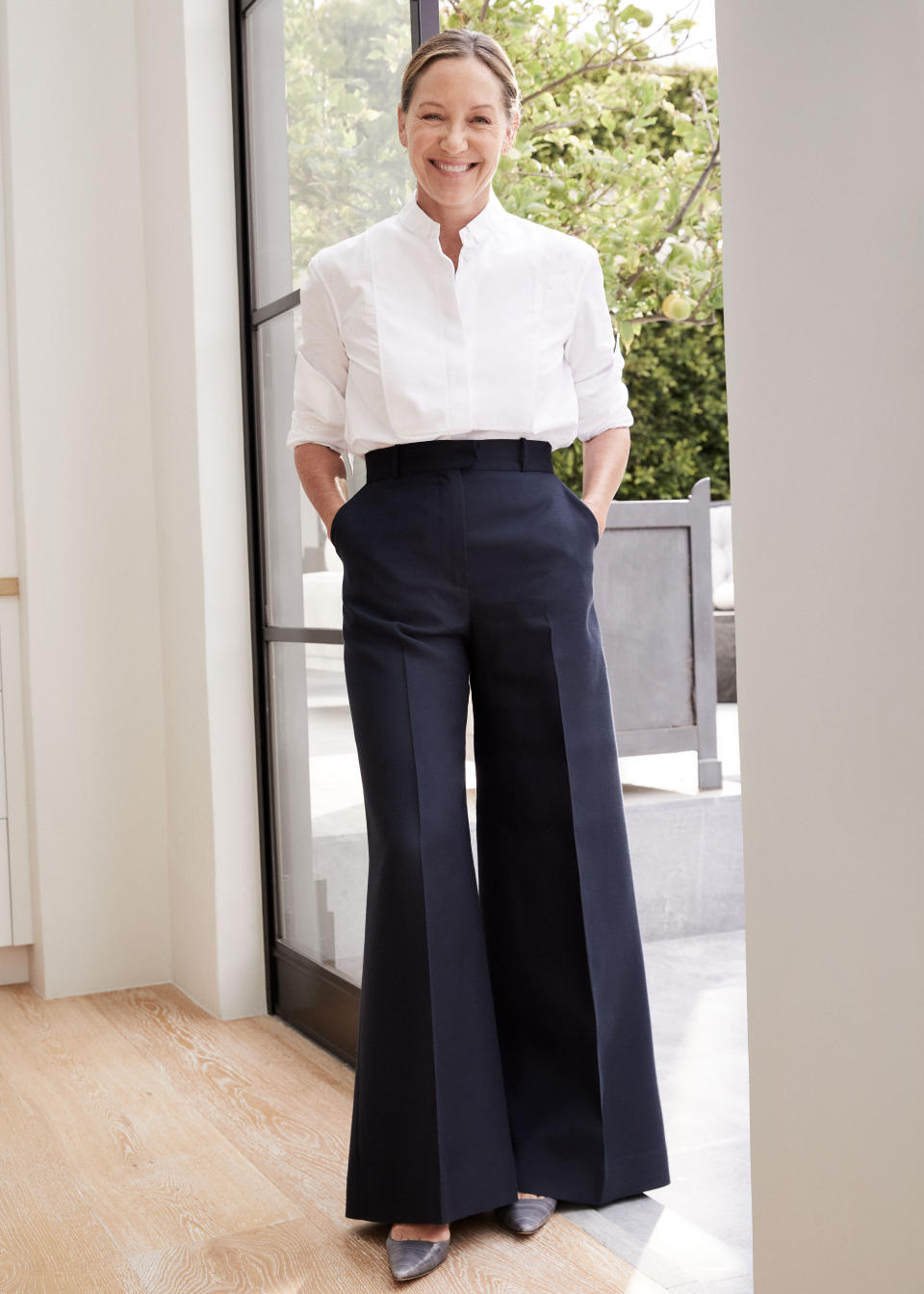
According to data from Pitchbook, the amount of VC money in beauty has surged from barely anything at the turn of the century (there were, quite literally two beauty VC deals in 2003) to billions of dollars annually.
Beauty VC peaked in 2021 with a total 351 deals worth a cumulative $3.1 billion. Last year, the rate slowed to 273 deals valued at $1.4 billion, still classifying the second highest number on record. So far in 2023, 87 deals have been recorded.
“Getting investment funding is a catch-22; what you want and what you can actually get, may not coincide,” said Kunin, whose two-year tenure as chief product officer at NovaBay was decided at the time of Dermadoctor’s acquisition. “You want to ideally choose a partner that is bringing something other than just money to the table.”
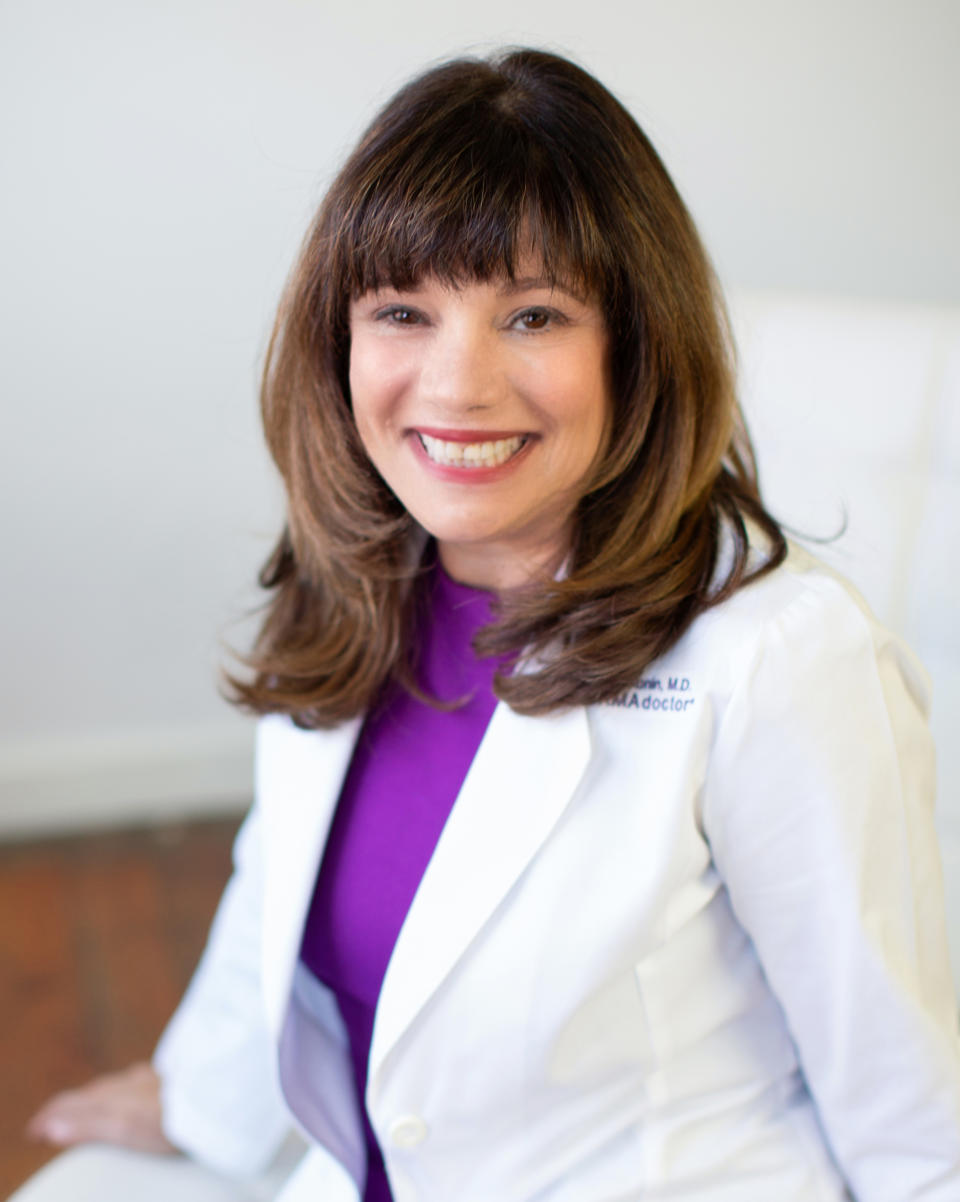
Choosing an investor to bring a brand to its next stage is among the most pivotal decisions a founder can make. To that end, Skyn Iceland founder Sarah Kugelman, who left the business in 2022, emphasized the importance of “[Making] sure that you and your investors are aligned on your long-term goals.”
Cassie Cowman, a cofounder of View from 32, a beauty consultancy that works with both founders and investors, advised founders to play the field during their search.
“You’re going into a marriage, almost, so you need to make sure you’re playing the field first — getting references from both successful partnerships, and non-successful partnerships,” she said.
Product roadmap, channel distribution and international expansion are among the topics Cowman suggests discussing to gauge whether a partnership is a fit.
“Just getting very personal and understanding what are the internal capabilities each investor is offering: Are you looking for them to be very important and support you in that way? Are you looking for them to be very hands off and let you do the thing?” Cowman said. “We hear sometimes from brands they have so much pressure on them to hit their goals that investors have set, they lose sight of the vision.”
Once a potential suitor has been selected, so begins the “dating period” as Robin Tsai, general partner at VGM, puts it.
“I’m always a fan of working with investors before you’re formally partnered up,” he said. “If you’re going to bring somebody on, give them hard things to see what they do — see whether or not they are willing and able to help, and how they do it,” he said.
Rich Gersten of True Beauty Ventures likes to take a similar approach. “We get to know the founders for nine or 12 months, oftentimes prior to investing, because it’s a partnership. It’s a marriage, it’s a relationship, whatever word we want to use. We want to make sure that the founders understand what the partnership is going to be like and who they’re partnering with.
“I think too many times, founders might chase the best terms and valuation of an investment and don’t necessarily appreciate the importance of that partnership,” he continued.
But not all brands have the luxury of courting multiple investors. In many cases, cash-strapped brands are dealt take-it-or-leave-it scenarios to get to the next stage, in which they are only able to land one investor option.
Kugelman said: “I think we only hear about the companies who, out of the gate are scaling exponentially, and all the investors are fighting over them and wanting to invest. But probably about 90 percent of companies are not like that. We really forget about that.”
For women, the challenge of raising money is even steeper. Dana Kanze, assistant professor, organizational behavior at London Business School, said: “I hope that, with time, female founders will be in a better position to vet their investors just as investors are vetting them. Unfortunately, that process has been more one-sided for female founders as they have been struggling to take in capital from any source, and thus are unlikely to be able to turn down funding due to factors like long-term goal misalignment when their short-term focus is survival. In other words, it is a luxury to say no to an investor because their long-term goals are not aligned with you as a founder, and women have not been in a position of bargaining strength to negotiate terms in ways that their male counterparts have been able to historically.”
It took Weitzner nearly two years to get Pause Well-Aging off the ground due to a lack of investor interest — or understanding — in menopausal beauty at the time.
“I wanted to be the first to market. I felt it was important to be that first [menopausal beauty brand] out there, and that some other people would be on my heels quickly — I didn’t want to lose any more time,” said Weitzner, previously CEO at Erno Laszlo and chief financial officer at Laura Mercier.
After an unexpectedly tedious investor search, Weitzner landed a majority investment by Grace Beauty Capital.
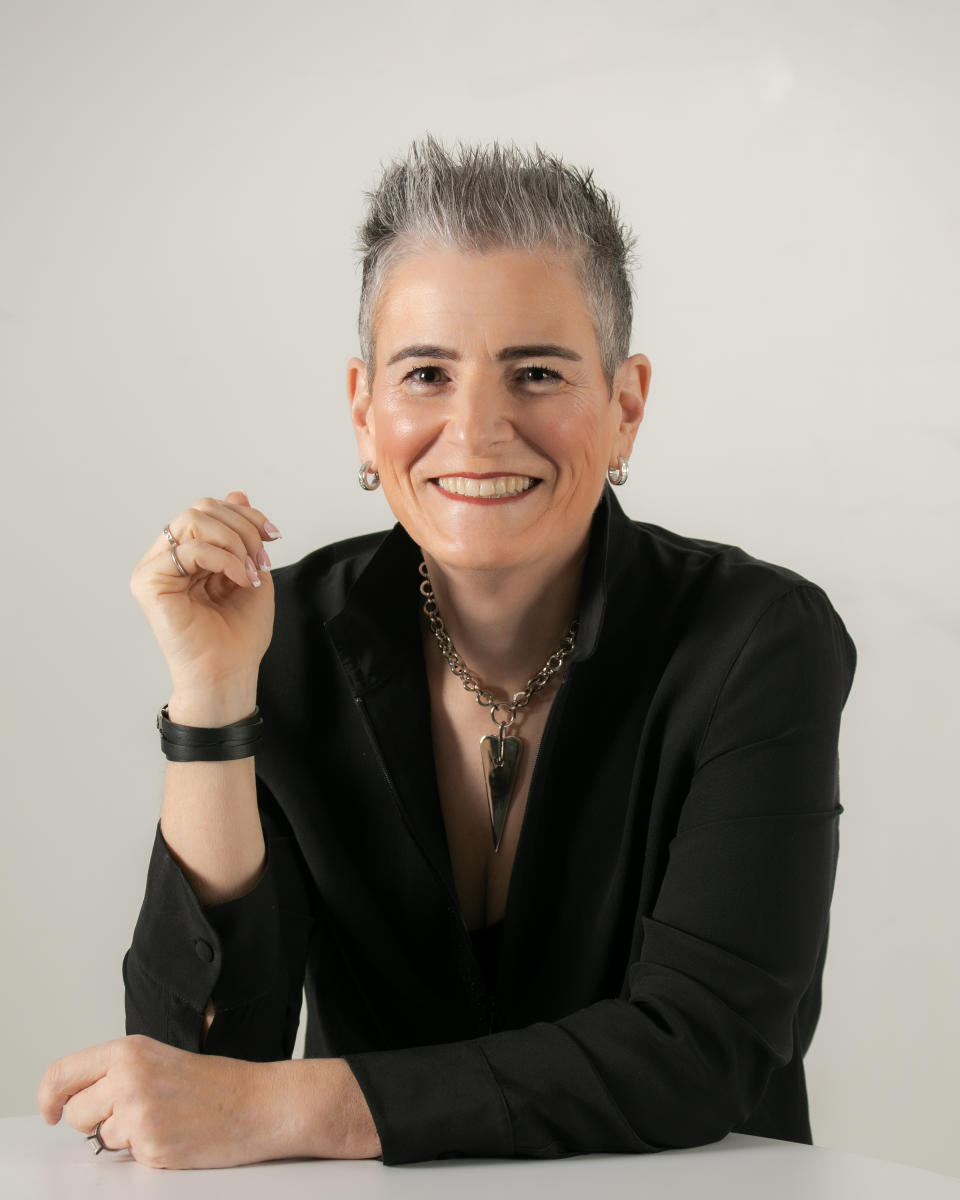
“We kind of had this verbal agreement that if I gave up the amount of equity that I did, then that would be it — I wouldn’t have to be the one to raise money in the future. I could just focus on building the company,” she said.
Things didn’t quite pan out as such.
While Pause Well-Aging indeed made strides in the years that followed (Weitzner was right — the menopausal beauty space began gaining market share shortly after the brand’s debut), she and her investors didn’t always see eye-to-eye on decisions regarding company personnel and the cost of growth.
“My voice was heard, I would say, for the first three years; it was the last year that I started to feel more like an employee than the founder with a strong vision,” Weitzner said.
At the suggestion of her investors, Weitzner ended up replacing team members (“I reluctantly let my head of marketing go – she was my right hand and superstar employee,” she said), and when it came time to raise money again, it was Weitzner who was asked to get in front of potential investors.
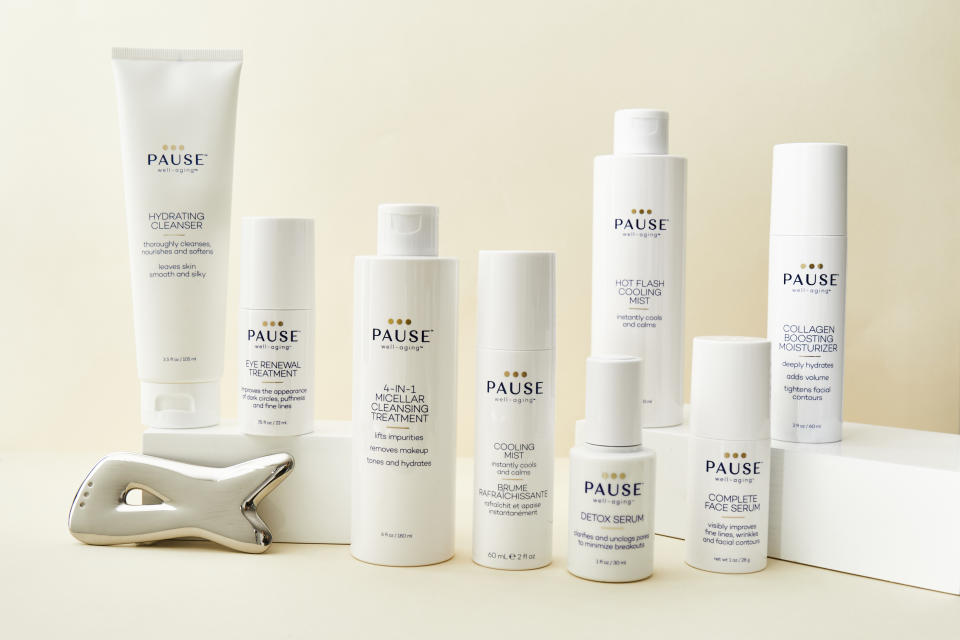
“It became, ‘OK, you’re the one that needs to tell the story — you need to do the raise,’ I was back in that situation of doing everything I didn’t want to do,” recalled Weitzner, who doesn’t view the circumstances that led to her departure as a blame game, but a lesson. “I made all the decisions along the way, and I made a lot of mistakes. Even the most seasoned person can make some mistakes,” she said.
Most founder/VC investor clashes stem from two likely scenarios, according to Erik Gordon, clinical assistant professor at University of Michigan’s Ross School of Business.
“It’s doing things related to the rate of growth; expanding the product line, expanding distribution — the founder wants narrow distribution, because that’s their image, but to grow fast you’ve got to have wider distribution, or you have to expand the product line — things the founder is not interested in,” he said.
One founder, who asked to remain anonymous, added: “When it comes to clashing, founders have a long term view. They want to build something for the long term. An acquirer wants you to maximize for the long term, but they also have shareholders, so they also have to show short term and it’s the short term, long term that’s kind of the dynamic.”
Another founder had minimum growth rates put into their deal, which if they didn’t meet would trigger “serious” interest rates, not accounting for events out of their control, such as pandemics and recessions.
A minority investor can also still determine the valuation when it comes to getting more capital.
“Minority deals can have minority protection rights that are as draconian as majority deals,” the source said.
To protect interests if the deal does turn sour, Gordon pointed to an employment agreement, but stressed that such arrangements namely serve to guarantee a certain amount of going away money, which will come in the form of either stock or severance. “They’re not going to agree to let you be CEO for life.”
His top tip is to find legal counsel who have negotiated VC deals on behalf of entrepreneurs: “You need a formal employment agreement that clearly states under what conditions you can be fired, and what happens when you’re fired.”
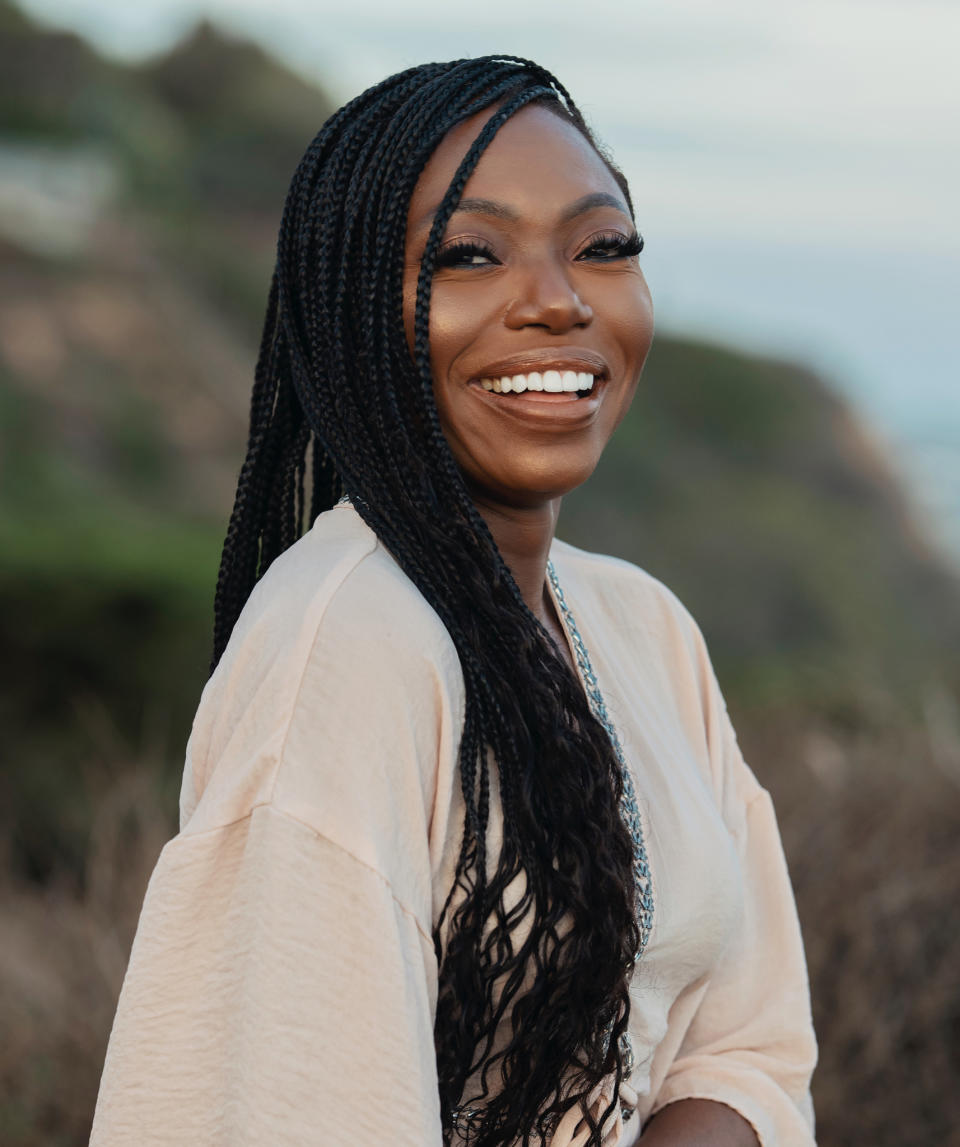
One founder, who asked to remain anonymous, said: “Have an excellent lawyer. I think my mistake also was that, like most founders, the lawyer for the company was also my lawyer. And I think sometimes that’s a conflict of interest.”
There are instances, of course, in which founders step down of their own accord.
“The founder might be a product development guru who prefers to give up the CEO title in order to focus on creating great products, or they might just be burned out,” said Lila Sharifian, fractional chief financial officer and head of beauty at Stage1 Financial and operating partner at BT3 Ventures.
Rather than seeking VC investment, founders who seek to maintain long-term control over their companies may benefit from partnering with angel investors instead.
“A wealthy family, someone who has an interest in beauty — they will be patient — they don’t have their own investors beating them on the head,” Gordon said. “If you’re a beauty entrepreneur and your idea is, ‘Hey, I want to build this, I want to expand it quickly, and I’ll do whatever it takes to expand this business, then VCs are your best friend.”
But if you’re playing the long game, seller beware.
Best of WWD


